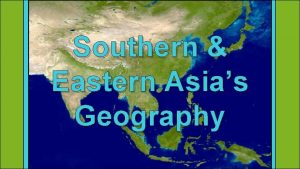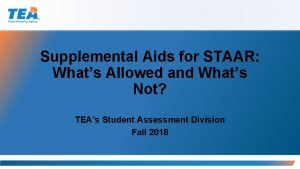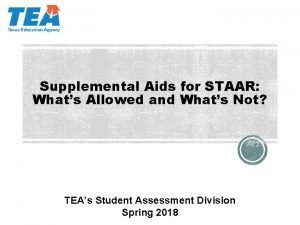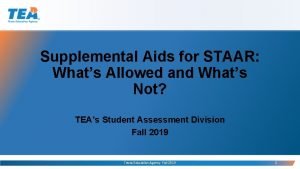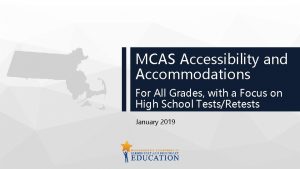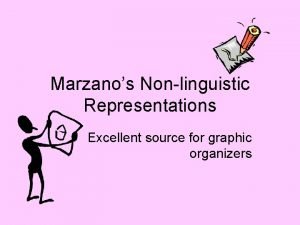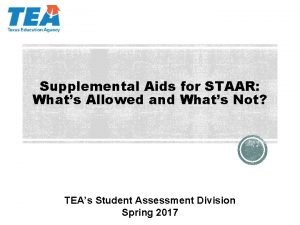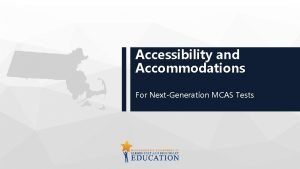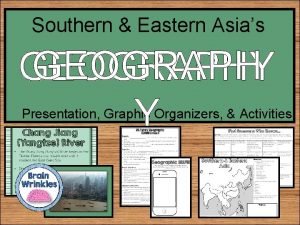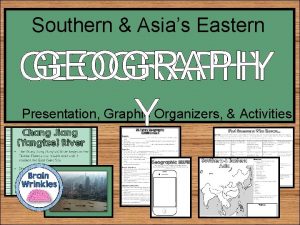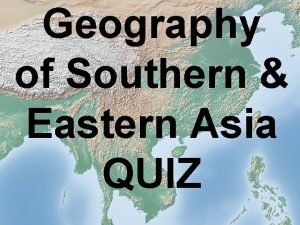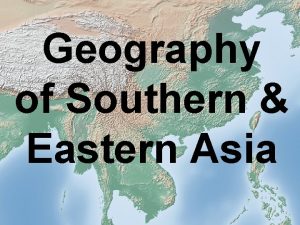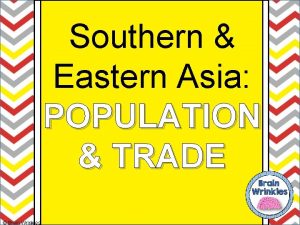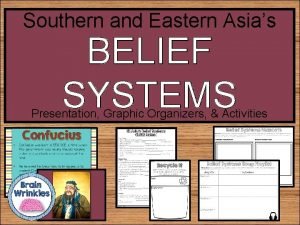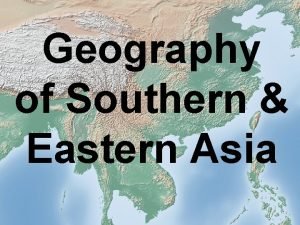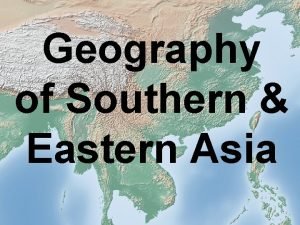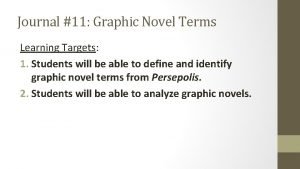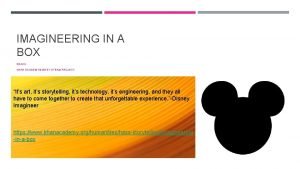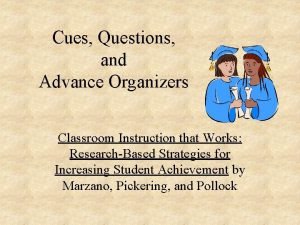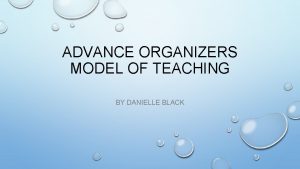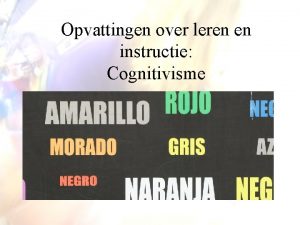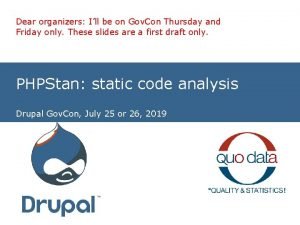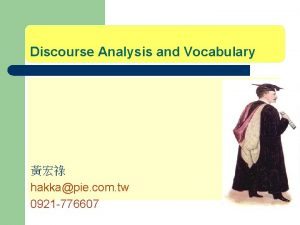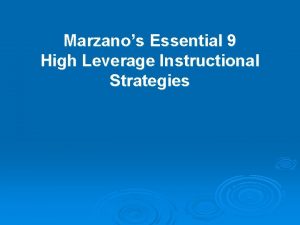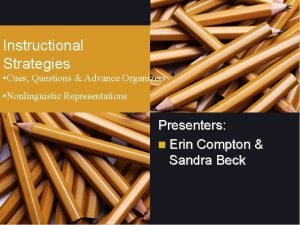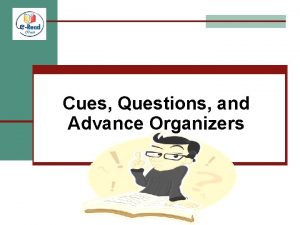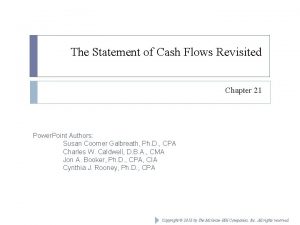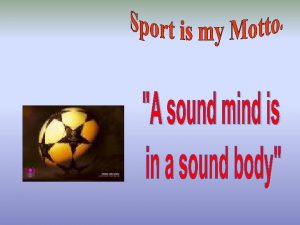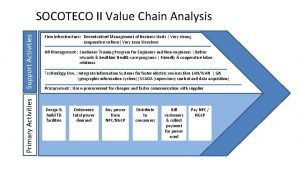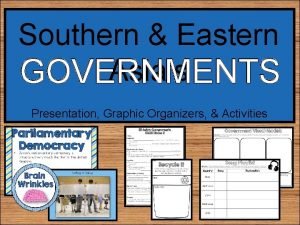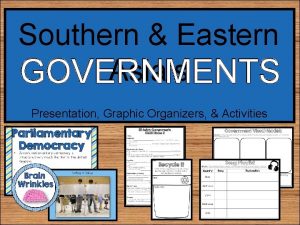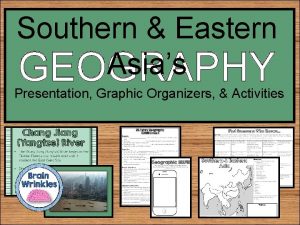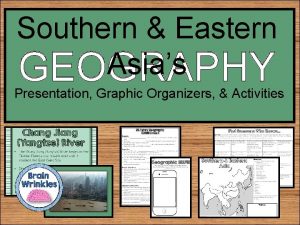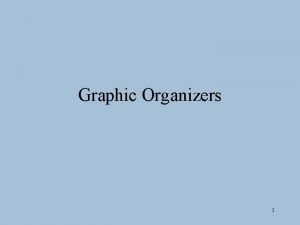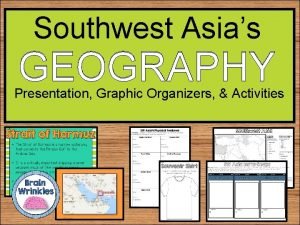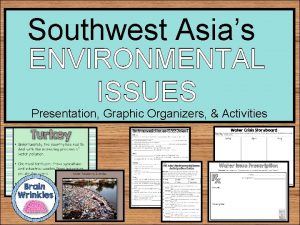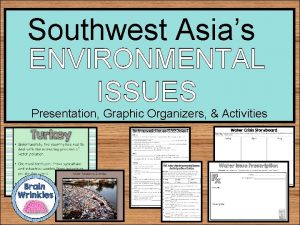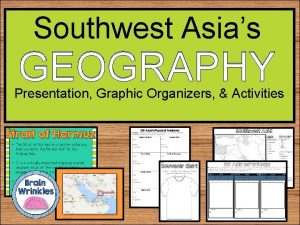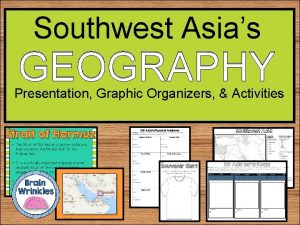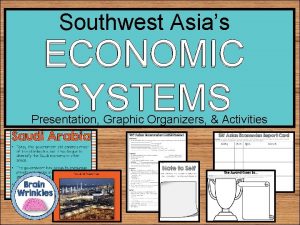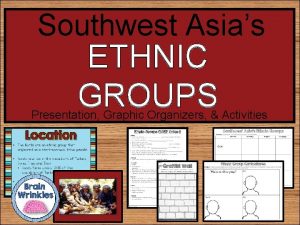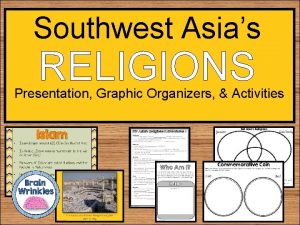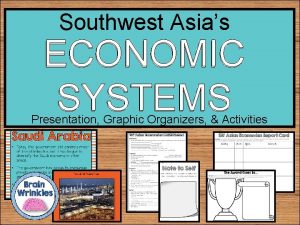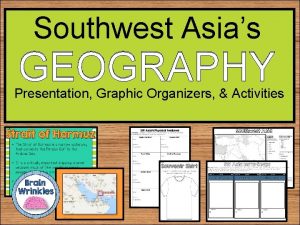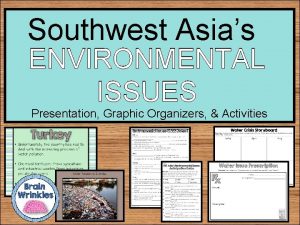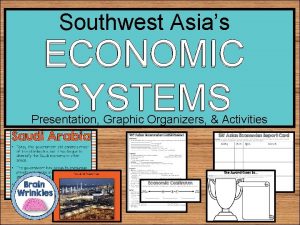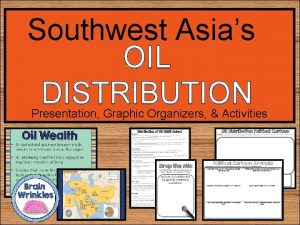Southern Eastern Asias GOVERNMENTS Presentation Graphic Organizers Activities































- Slides: 31

Southern & Eastern Asia’s GOVERNMENTS Presentation, Graphic Organizers, & Activities

STANDARDS: SS 7 CG 4 Compare and contrast various forms of government. a. Explain the role of citizen participation in autocratic and democratic governments [i. e. explain the role of citizens in choosing the leaders of China (communist state), Japan (parliamentary democracy), North Korea (autocracy), South Korea (presidential democracy), and India (parliamentary democracy)]. b. Describe the two predominant forms of democratic governments: parliamentary and presidential. © Brain Wrinkles

AUTOCRACIES: North Korea and China © Brain Wrinkles

Autocracy • Autocratic governments rule in North Korea and China. • Government officials make decisions without any input from citizens. • The people do not have the option of changing the government through elections. • Citizens’ rights, such as free speech and right to assemble, are restricted by the government. © Brain Wrinkles

NORTH KOREA Autocracy © Brain Wrinkles

Background • North Korea has a centralized government that is under the control of the communist Korean Workers’ Party. • All government officials belong to the KWP. • Since the country’s creation in 1948, it has been ruled by the Kim dynasty. • The exact structure of power is somewhat unclear, but the military supreme commander holds the most influence. © Brain Wrinkles

Supreme People’s Assembly © Brain Wrinkles

Legislature • Citizens vote for a Supreme People’s Assembly, which serves as the legislature. • The Supreme People’s Assembly usually only meets twice a year and it mostly ratifies decisions already made by the KWP. © Brain Wrinkles

Supreme People’s Assembly © Brain Wrinkles

Leadership • The military supreme leader is the highest office of the state. • North Korea also has a chief of state that serves as the head of state. • There is also a premier that leads the government and oversees the cabinet. • Both the premier and head of state must share power with the military supreme commander. © Brain Wrinkles

Kim Jong-un North Korean Leader © Brain Wrinkles

How Leaders Are Chosen • The military supreme commander appears to be a hereditary position that has been passed down through three generations. • The Supreme People’s Assembly elects the chief of state and the premier. © Brain Wrinkles

Autocracy • The Korean Workers’ Party is the center of North Korea’s government. • High-ranking KWP officials make decisions without answering to the citizens. © Brain Wrinkles

© Brain Wrinkles

Role of Citizens • North Korean citizens can vote starting at age 17. • Only the Korean Workers’ Party can select candidates in this autocracy, so citizens don’t really have much influence on the government. © Brain Wrinkles

Struggles • Rights such as freedom of religion, press, assembly, etc. , are heavily restricted by the government. • North Korea has a serious lack of freedom of speech. • There are only 3 TV channels (all government-owned), propaganda is announced from loudspeakers every morning, and there is no internet. © Brain Wrinkles

© Brain Wrinkles

Struggles • There is an extreme gap between the rich and poor in North Korea. • More than half of the population are malnourished and live in extreme poverty. • In the 1990 s, a huge famine struck and killed hundreds of thousands of people. © Brain Wrinkles

© Brain Wrinkles

CHINA Communist State © Brain Wrinkles

Great Hall of the People in Beijing © Brain Wrinkles

Leadership • China has a president, who serves as the head of state. This is largely a ceremonial office that holds little political power. • The premier is the chief executive and is the highest ranking administrative official in China’s government. © Brain Wrinkles

Xi Jinping © Brain Wrinkles China’s President

Li Keqiang © Brain Wrinkles China’s Premier

How Leaders Are Chosen • China’s legislature elects the president. • The president nominates someone to be the premier, and the legislature confirms him or her. © Brain Wrinkles

Legislature • The National People’s Congress is the country’s unicameral legislature. • Citizens 18 and over can vote in elections; however, only members of the Chinese Communist Party can be candidates in this Communist state. • Candidates are selected and approved by the government before the people can vote for them. © Brain Wrinkles

Great Hall of the People (National People’s Congress Resides Here) © Brain Wrinkles

Legislature • The National People’s Congress only meets for two weeks a year and mostly just approves decisions already made by the Communist Party. © Brain Wrinkles

Role of Citizens • At this time, it is not possible for Chinese citizens to change their government through elections. • Even though the constitution gives every person over 18 the right to vote, these rights are mostly meaningless because they are only allowed to vote for members of the Chinese Communist Party. • The government chooses the candidates and then dictates what they do once they are © Brain Wrinkles

Voting in China* *Chinese Communist Party is the only legal party, and officially sanctioned candidates run unopposed. © Brain Wrinkles

Role of Citizens • China’s communist government has a history of violating the personal freedoms of Chinese citizens by denying them basic rights such as freedom of speech and religion. © Brain Wrinkles
 What is asias largest desert
What is asias largest desert Tea supplemental aids
Tea supplemental aids Tea approved multiplication chart
Tea approved multiplication chart Tea blank graphic organizers
Tea blank graphic organizers Graphic organizer examples with definition
Graphic organizer examples with definition Mcas el accommodations
Mcas el accommodations Descriptive pattern organizer
Descriptive pattern organizer Blank graphic organizers for staar
Blank graphic organizers for staar Marzanos strategies
Marzanos strategies Mcas accommodations
Mcas accommodations Southern and eastern asia map
Southern and eastern asia map Se asia's geography cloze notes 1
Se asia's geography cloze notes 1 Southern and eastern asia physical features answer key
Southern and eastern asia physical features answer key East asia physical map
East asia physical map Se asia geography cloze notes 1
Se asia geography cloze notes 1 Brain wrinkles southern and eastern asia
Brain wrinkles southern and eastern asia Of vietnam
Of vietnam Southern and eastern asia physical features answer key
Southern and eastern asia physical features answer key Southern and eastern asia physical features answer key
Southern and eastern asia physical features answer key Graphic weight meaning
Graphic weight meaning Ghost graphic story graphic and wayfinding
Ghost graphic story graphic and wayfinding Skimming organizer example
Skimming organizer example Advance graphic organizer
Advance graphic organizer Expository advance organizers examples
Expository advance organizers examples Dear organizers
Dear organizers Register and signaling vocabulary
Register and signaling vocabulary Marzanos instructional strategies
Marzanos instructional strategies Cues questions and advance organizers
Cues questions and advance organizers Skimming advance organizer
Skimming advance organizer Operating activities vs investing activities
Operating activities vs investing activities Indoor activities
Indoor activities Support activities and primary activities
Support activities and primary activities
